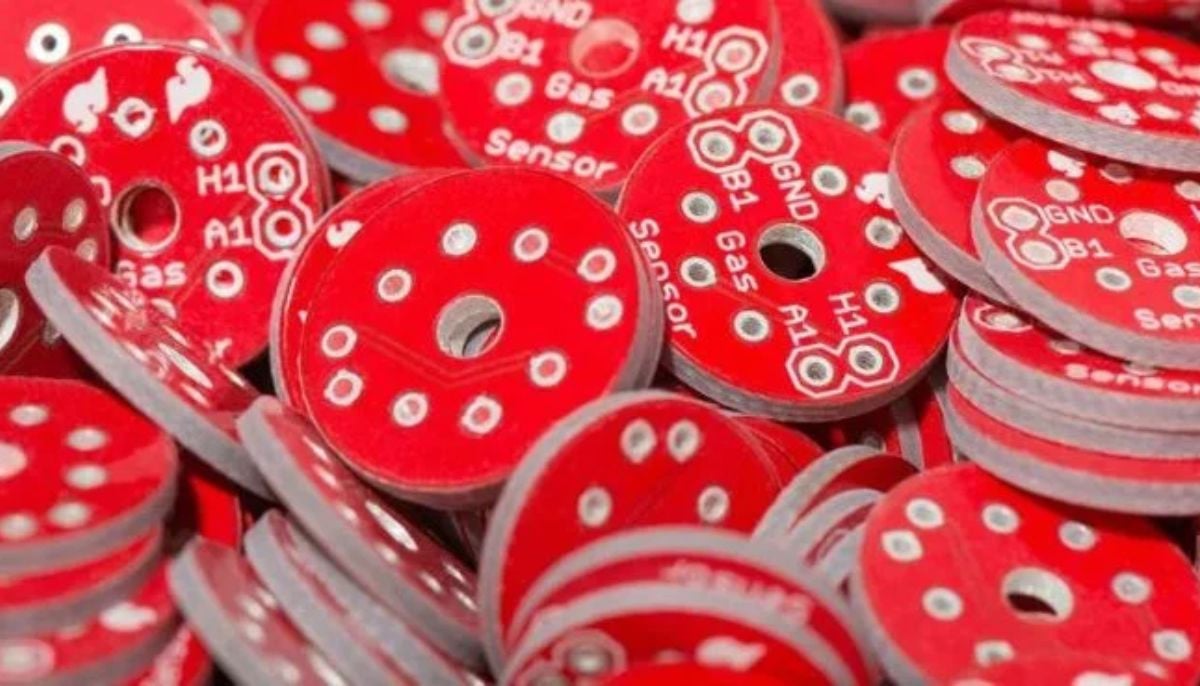Musk's Neuralink to launch feasibility study using brain implant, robotic arm
Neuralink starts study to assess brain implant’s impact on quadriplegics controlling devices by thought
Elon Musk's brain technology startup Neuralink said on Monday it has received approval to launch a new feasibility study using its brain implant and an experimental robotic arm.
Neuralink is conducting its PRIME study, aimed at evaluating the safety of its wireless brain-computer interface and surgical robot. It is assessing the initial effect of the implant in patients with quadriplegia, a form of paralysis, to control external devices with their thoughts.
The company plans to cross-enroll participants in the feasibility study from the ongoing PRIME trial, it said in a post on social media platform X.
The US Food and Drug Administration and Neuralink did not immediately respond to requests for details on the feasibility study.
Last week, the company received approval from regulator Health Canada to launch a trial of its device in Canada. Canadian neurosurgeons in partnership with the startup have regulatory approval to recruit six patients with paralysis in the study.
In the United States, Neuralink has already implanted the device in two patients. It has allowed the first patient to play video games, browse the internet, post on social media and move a cursor on his laptop.
The company has said its device is working well in the second trial patient, who has been using it to play video games and learn how to design 3D objects.
-
Archaeologists recreate 3,500-year-old Egyptian perfumes for modern museums
-
Smartphones in orbit? NASA’s Crew-12 and Artemis II missions to use latest mobile tech
-
Rare deep-sea discovery: ‘School bus-size’ phantom jellyfish spotted in Argentina
-
NASA eyes March moon mission launch following test run setbacks
-
February offers 8 must-see sky events including rare eclipse and planet parade
-
New study reveals biodegradable chip aims to reduce e-waste and air pollution
-
Scientists unveil new robotic mission for the moon
-
NASA reschedules Artemis II rehearsal due to Florida arctic outbreak












